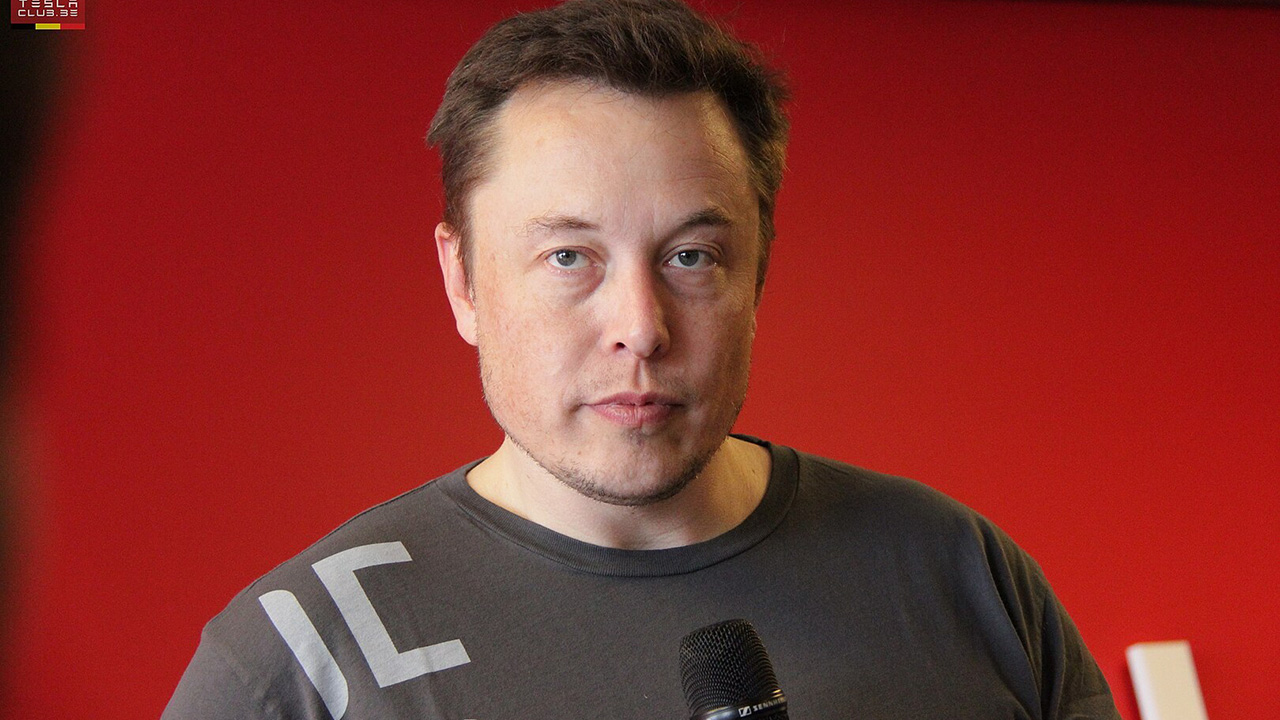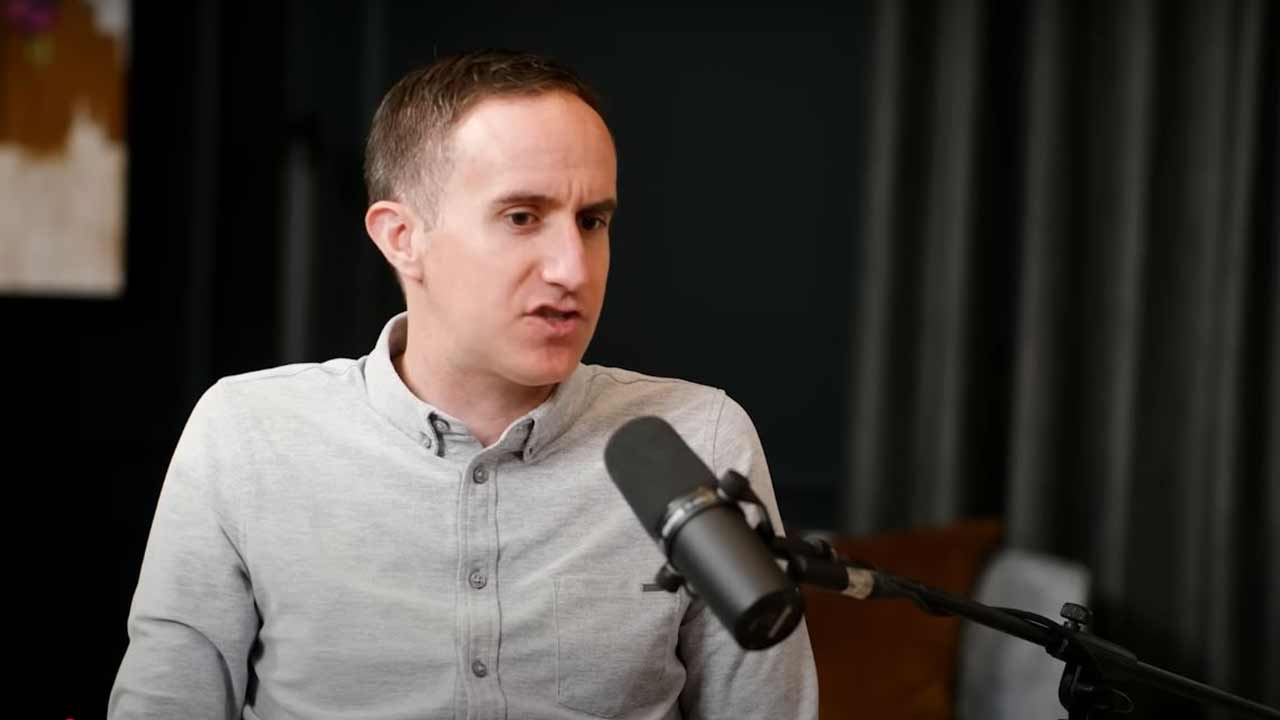Elon Musk, a name synonymous with innovation and staggering wealth, boasts a net worth estimated at $420 billion. While this number is mind-boggling on its own, it raises a curious question: what would happen if Musk’s wealth were evenly distributed across the United States? This article explores the hypothetical scenario of dividing Musk’s riches among the American populace.
Understanding Elon Musk’s Wealth
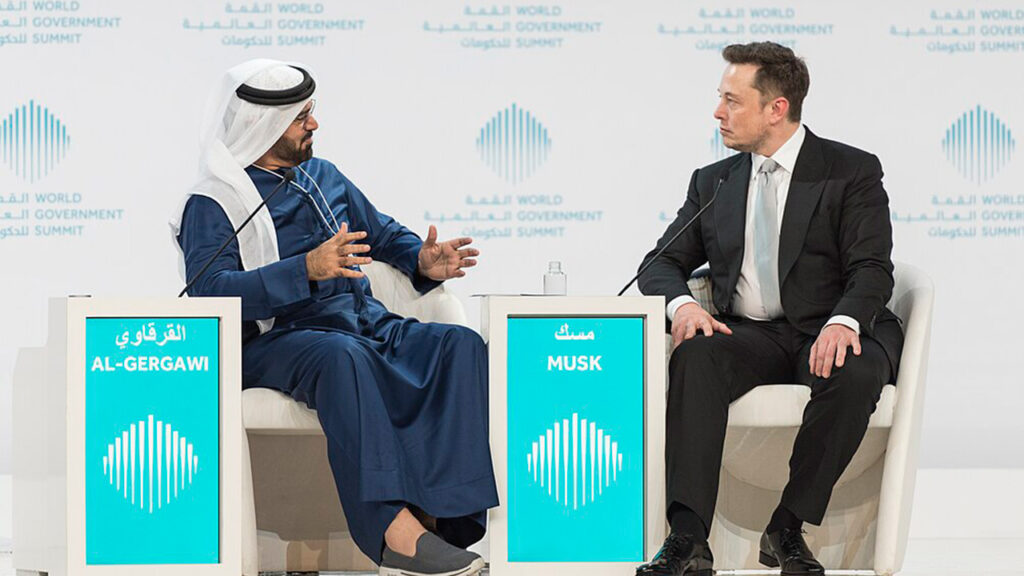
Elon Musk’s financial empire is a complex tapestry woven from multiple high-stakes ventures. His wealth primarily stems from his stakes in Tesla and SpaceX, along with other ventures like The Boring Company and Neuralink. Each of these enterprises contributes to his standing as one of the wealthiest individuals on the planet. However, it’s crucial to recognize that Musk’s net worth is not a static figure; it fluctuates with stock market variations and the performance of his businesses.
When comparing Musk’s fortune to other billionaires, it’s clear that he holds a significant position on the global stage. While other tech titans like Jeff Bezos and Bill Gates have accumulated vast wealth, Musk’s rapid ascent in the ranks of the ultra-rich underscores the unique dynamics of the tech industry. This sector has a historical precedent for creating billionaires at an unprecedented pace, often through innovation and market disruption.
The Math Behind the Distribution
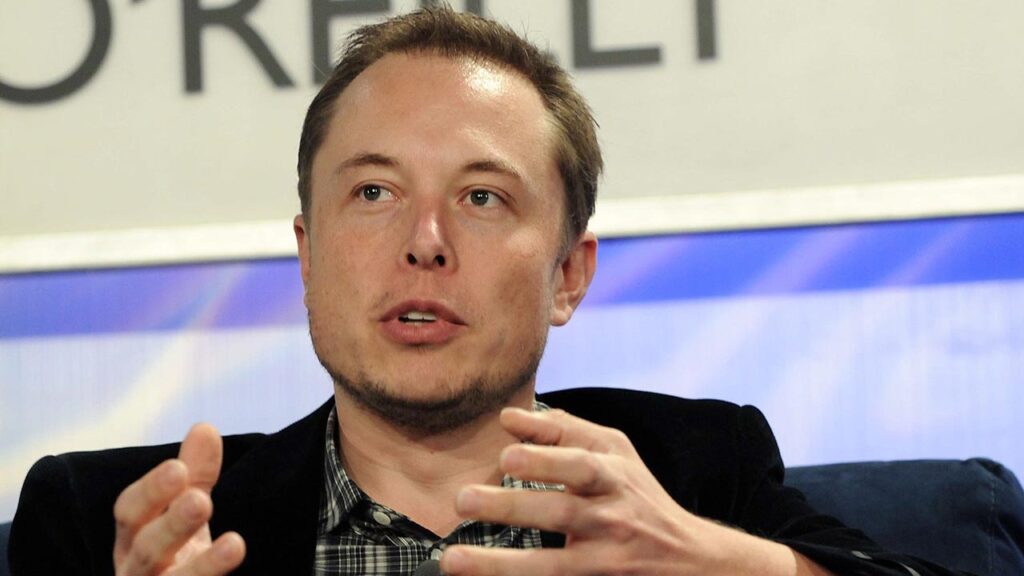
To calculate the per capita distribution of Elon Musk’s $420 billion net worth, we first consider the U.S. population, which the latest census data estimates at approximately 331 million people. By dividing his wealth by this number, each American would receive about $1,268. This straightforward arithmetic provides a glimpse into the potential impact of such a distribution.
However, the economic implications of a sudden cash influx are worth examining. A distribution of this magnitude could alter individual financial situations, leading to increased consumer spending and potentially stimulating the economy. On the flip side, rapid wealth redistribution could trigger inflation, affecting purchasing power parity and economic stability. Such considerations highlight the complexities involved in large-scale wealth redistribution.
Real-World Feasibility and Challenges
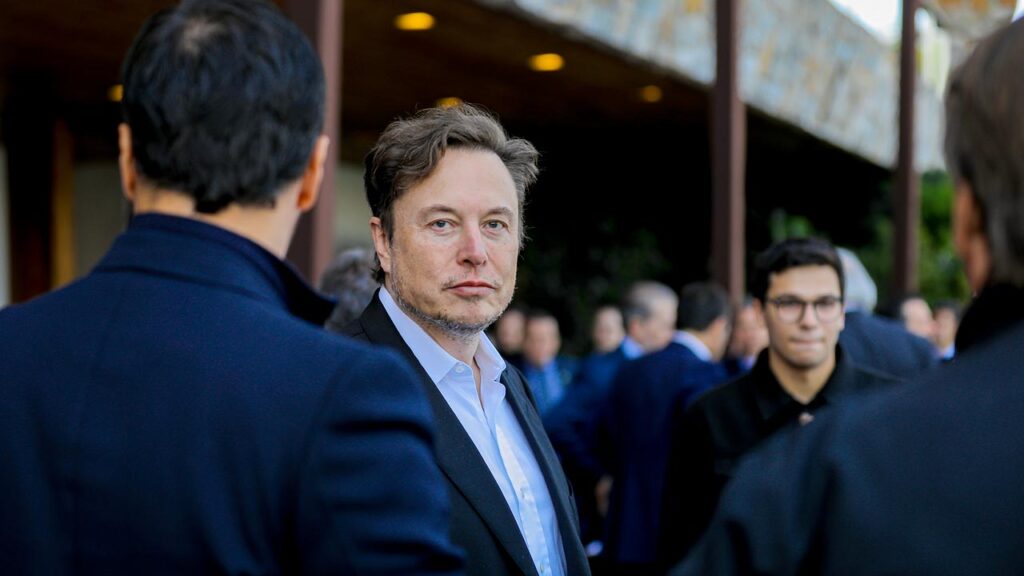
Implementing a plan to redistribute Elon Musk’s wealth would face significant legal and logistical challenges. The legal system might impose constraints on the redistribution of private wealth, and tax implications could further complicate matters. Additionally, executing a wealth distribution of this scale would require a robust infrastructure and meticulous planning to ensure fairness and efficiency.
From a public policy perspective, wealth redistribution is a contentious issue. Different political ideologies offer varying views on this topic, with some advocating for redistribution as a means to address inequality, while others argue for preserving individual property rights. Insights from economic experts could shed light on sustainable models for wealth distribution, balancing economic growth with equity.
Hypothetical Outcomes and Social Impact
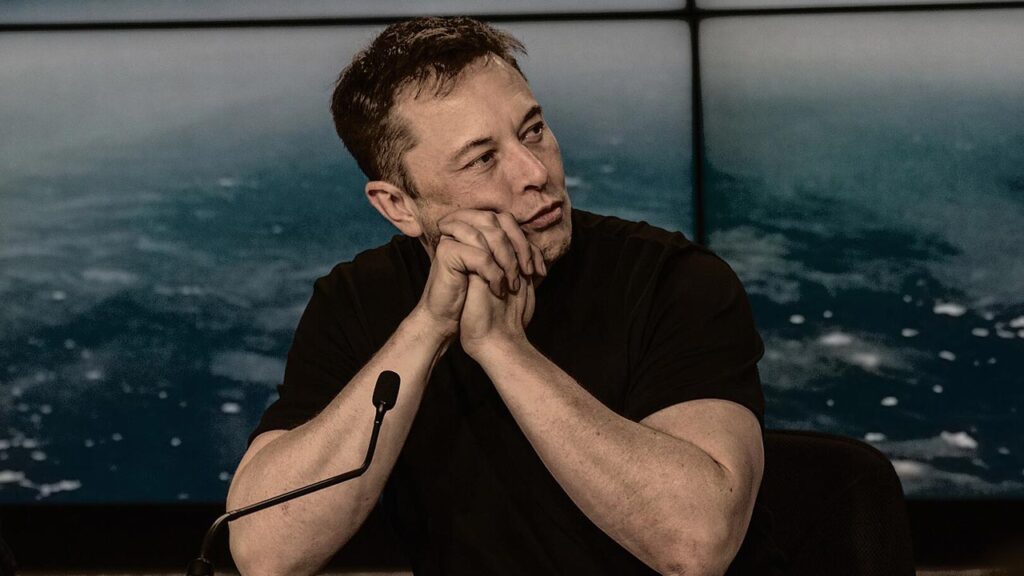
The short-term effects of redistributing Musk’s wealth might include immediate financial relief for many Americans. However, the long-term economic consequences could be more complex. Case studies of similar scenarios, if they exist, could provide valuable insights into the potential outcomes of such a redistribution.
One of the most pressing questions is how this redistribution could affect socioeconomic inequality. While an immediate narrowing of the wealth gap might occur, the long-term impact on social mobility and class structures remains uncertain. Such a shift could potentially lead to changes in societal norms and expectations, prompting a reevaluation of wealth and success.
Broader Reflections on Wealth and Society
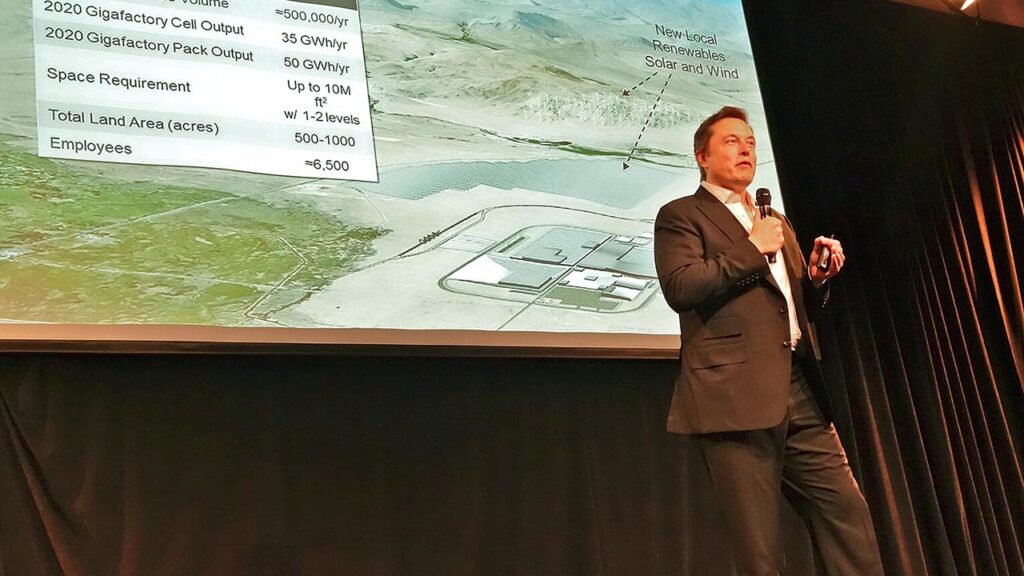
The idea of redistributing a billionaire’s wealth raises moral and ethical questions. Philosophical debates often revolve around the ethics of wealth concentration and redistribution, considering perspectives from various socioeconomic backgrounds. Some argue that shared wealth is a moral imperative, while others see it as an infringement on personal rights.
Looking to the future, changing attitudes towards wealth might influence economic policies. As technology and innovation continue to shape the global economy, their role in wealth distribution will be crucial. Speculation abounds on how these forces might reshape our understanding of wealth, equity, and the societal contract in the 21st century. For more on how Elon Musk’s ventures are shaping the world, you can explore this resource.

Alexander Clark is a financial writer with a knack for breaking down complex market trends and economic shifts. As a contributor to The Daily Overview, he offers readers clear, insightful analysis on everything from market movements to personal finance strategies. With a keen eye for detail and a passion for keeping up with the fast-paced world of finance, Alexander strives to make financial news accessible and engaging for everyone.
